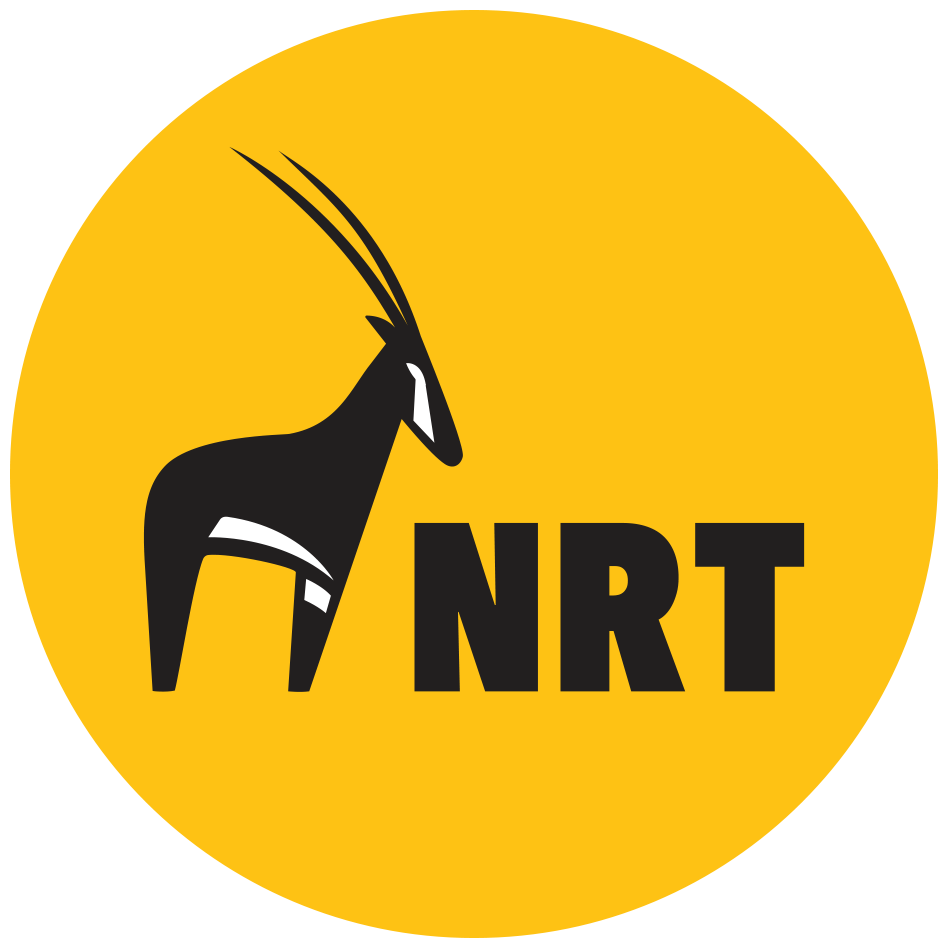A Partnership for Peace & Security: Kenya Police College Offer Ranger Training to NRT
Rangers in community conservancies under the NRT umbrella work closely with the Kenya Police to protect wildlife and people. This collaboration has enabled security teams to work together with communities to have a landscape level impact on poaching, stock theft, and conflict – far greater than any one organisation could have alone.
The rangers who are granted National Police Reservist (NPR) status by the Kenyan government work also on information and skill sharing – important in building equal capability amongst teams working together from different organisations. To this end, the Kenya Police College offered a ranger training session in August, for rangers from NRT conservancies, Lewa Wildlife Conservancy and Borana Conservancy.
The training took place at Lewa Wildlife Conservancy, and was opened on 29th August 2018 by Senior Assistant Inspector General , Mr King'ori Mwangi, who is also the Commandant at the Kenya Police College. In attendance were also representatives from the Kenya Wildlife Service.
Mr King'ori said that the training programme will focus on, but not limited to, the law of evidence, criminal law, penal law, human rights, the collection of criminal intelligence, reporting of incidents, and crime scene management.
"Conservancy rangers are playing an integral role in complementing the government's efforts in combating not only wildlife crime, and other cases of insecurity," he said.
It is expected that by the end of the training, the rangers will have improved upon their existing skills in:
- Identifying offences against wildlife, people and property.
- Understanding the value of preserving scenes of crime and the collection of exhibits.
- Understand the procedure of recording statements for the successful conviction of offenders.
Lewa, Borana and NRT all expressed their gratitude for this training opportunity, and the strong demonstration of goodwill and partnership by the Kenya Police, and by extension, the Government of Kenya.
"These conservancies are not only providing a public service by protecting and conserving the wildlife in the country,” said Mr King'ori, “but they are also enhancing community livelihoods. By placing communities at the centre of wildlife conservation, conservancies in Kenya are securing livelihoods while reversing wildlife decline, resulting in the protection of Kenya's iconic wildlife for future generations, and on behalf of humanity."



